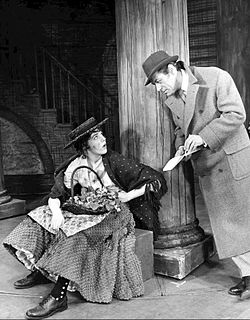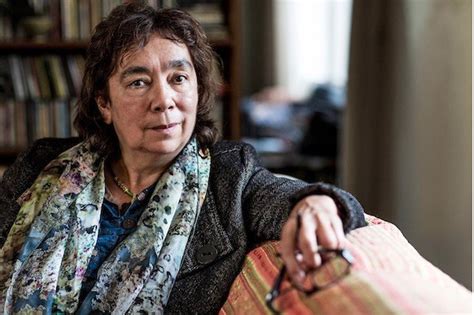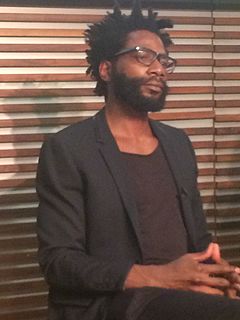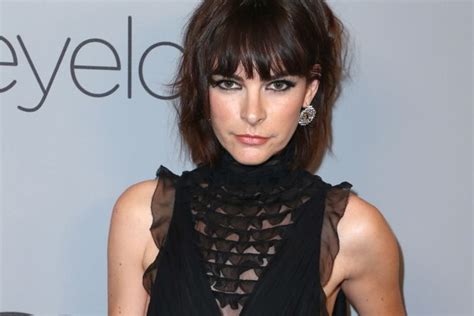A Quote by Eliza Doolittle
I'm interested in wartime stories, as I think it's important to remember what the soldiers went through.
Related Quotes
I went out to cover the wars in Iraq and Afghanistan fundamentally [in Buzzing at the Sill] because I was interested in war as a notion and in experiencing it. I was interested in history and how societies form. I was interested in the recent history of what had provoked these wars. So when I finally got out there, I was really seeing the wars through the American perspective, much more than through being embedded with American soldiers and Marines.
I'm not interested in stories. Stories are interesting but I don't think my head works that way. I remember at age 10 I dreamt of making animated cartoons as loops, something you could just project on your wall and look at from time to time. Kind of, something to stare at, something that's always there.
Through panel moderations and talks around culture, politics and identity I gradually gained opportunities to write in my own voice and not that of the brand. I'm interested in a lot of the languages that drive our culture. I'm interested in user experience as language or how societal malaise takes root. So through essays and short stories I began exploring some of these things.
I'm more interested in talking about what I do. And I don't think people are interested in my personal life. I've never had a Hollywood life. I've always been a worker. But it's true: If you know something about a person outside of the movie that is really repulsive to you, it's hard to shake. So I prefer to do my speaking through the work. I don't want people to know anything about me, because that's not important. I'm more interested in the me that takes shape through these characters. The other stuff is personal and too easy to trivialize out of context.
I'm not a big note-taker, so I think that the way I decide is that whatever I remember I always consider something that's important. If I remember a joke then I know it's a good joke, if I remember a story then I know it's a good story, and so that's how I curate what stories I'm going to write for the book. And I go over them again, make sure there's a theme and all that stuff, but mostly, it is intuition.
My definition of learning is to remember what you are interested in. If you don't remember something, you haven't learned it, and you are never going to remember something unless you are interested in it. These words dance together. 'Interest' is another holy word and drives 'memory'. Combine them and you have learning.




































